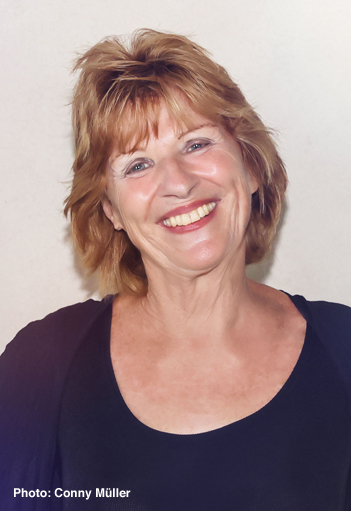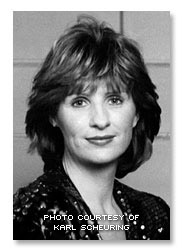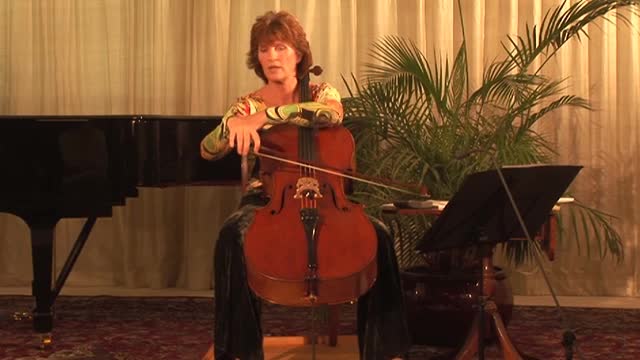


Born into a family of professional musicians, Maria Kliegel was given a cello at the age of ten, her father intending to form a string quartet within the family. After winning first prize twice in the German Jugend Musiziert (Young Musician) competition she went to the Frankfurt Conservatory and then to Canada for masterclasses with János Starker. Starker took her as a pupil at Bloomington, bringing discipline and technique to her otherwise instinctive musicianship. Intensive artistic instruction then came from Rostropovich’s month-long classes in Basle: he spent two weeks guiding students through concertos with the piano before allowing them to perform with an orchestra. Kliegel’s subsequent success at the Rostropovich Competition in Paris immediately l...
| Title | |
| KLIEGEL, Maria: Cello Masterclass | |

|
KLIEGEL, Maria: Cello Masterclass
Artist:
Kliegel, Maria
Label/Producer: Naxos |
